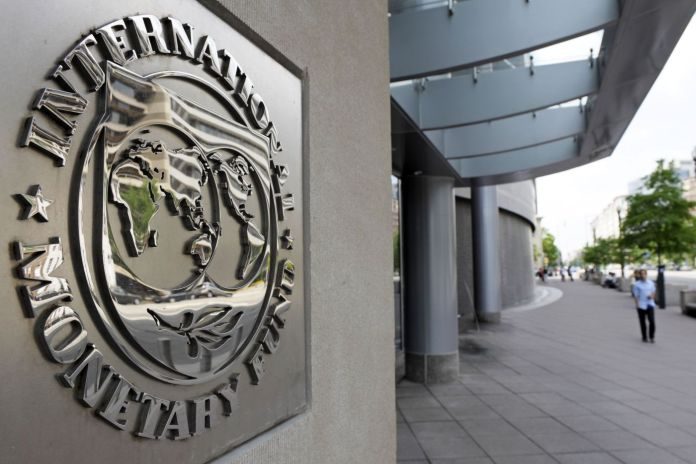GUATEMALA CITY, Guatemala — An International Monetary Fund (IMF) mission, led by Esther Pérez Ruiz, visited Guatemala from October 1 to 8, 2019. The staff team reviewed recent economic developments and discussed with the authorities the macroeconomic outlook and policies, and reform agenda priorities. The staff team had fruitful discussions with the Bank of Guatemala, the ministry of finance, the Superintendence of Banks, and other representatives of the public and private sectors.
Amid the presidential transition period, the mission also engaged with the president-elect Alejandro Giammattei and members of his economic team.
At the end of the staff visit, Pérez Ruiz issued the following statement:
“The authorities’ efforts to maintain macroeconomic stability and to facilitate a smooth political handover after the elections are welcome. The immediate challenge is for the incumbent and the incoming administrations to agree on a set of policy priorities. Upon the inauguration of Alejandro Giammattei in January 2020, the new government’s efforts would be oriented towards gathering support for the public sector and business climate reforms and meaningfully raise tax collections, that would improve growth and living standards.
“Economic growth is keeping its momentum so far. The short-term outlook remains unchanged relative to the 2019 Article IV Consultation, but the worsening external environment has accentuated risks. Robust remittances and construction sector dynamism are expected to support domestic demand and maintain growth at 3.4 percent in 2019. For next year, export recovery and a positive fiscal impulse would propel growth to 3½ percent.
“Downside risks have increased. Major external risks include a further downgrade in global growth and an upscaled inflow of Central-American migrants to Guatemala. Domestic risks stem from lagged implementation of the economic agenda, protracted judicial uncertainty weighing on investment, and the possible undermining of anti-corruption efforts. A further decline in tax collections could compromise the financing of social and infrastructure spending and impair growth potential.
“In this context, monetary and fiscal policy support to demand is appropriate and should be safeguarded into the near term. Monetary policy should remain accommodative amid well-anchored inflation expectations. Fiscal policy should be geared towards macroeconomic stability and growth. This entails, on the spending side, keeping up the execution momentum with a focus on capital over current expenditure.
“On the revenue side, reversing the decline in tax collections is paramount to create fiscal space for social and infrastructure spending, consistent with the Sustainable Development Goals agenda. Strengthening tax controls and operationalizing risk-based auditing is important to encourage tax compliance, and to allow for proper tax credit refunds. Tax amnesties and special tax regimes (such as the Law of Fiscal Simplification, Decree No.7-2019) undermine tax morale and should be averted.
“Lifting potential growth and living standards require forging a national consensus to take forward wide-ranging structural reforms. The swift approval of the portfolio of public-private partnership projects, with their high economic impact, is appropriate for closing the infrastructure gaps.
“The budgetary programming for 2020 needs to be consistent with a strategy that mobilizes efficiently resources from the private sector. The legislative agenda for a favorable business environment merits support and should be expedited to bolster formal employment, transportation infrastructure, productivity, and exports. The adoption of a government-sponsored exports and investment promotion agency, the swift alignment of the national legislation with ILO Convention 169, and the passage of the infrastructure, leasing, and insolvency laws are priorities to this end.
“Fiscal reforms in public procurement and civil service, and performance-based budgeting are key to more efficient and agile use of public resources, and to improve tax morale. Further modernization of the financial system needs the approval of the bill on banks and financial groups, the Anti-Money Laundering and Countering Financing of Terrorism (AML/CFT) bill, the securities market law, and the credit card law.
“The mission welcomes the new administration’s commitment to the anti-corruption efforts and looks forward to the roll-out of concrete policy initiatives. In the near term, the authorities’ anti-corruption efforts should focus on sustaining prior legal and institutional progress.
“The IMF team is grateful for the authorities’ hospitality and frank dialogue. The next Article IV mission is scheduled to take place in the first half of 2020.”





